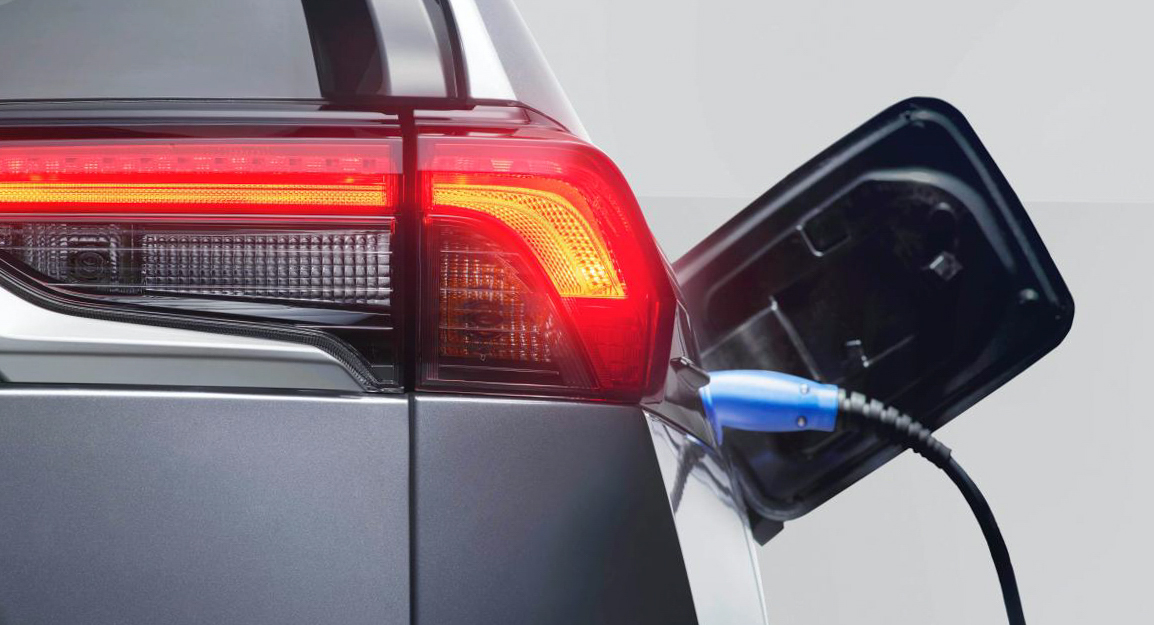EVs are here to stay, there’s no doubt about it. However, while President Biden’s administration aims for half of all U.S. car sales to be EVs by 2030, the shift from old to new technology is far from painless.
GM, Tesla, Porsche, Ford, Hyundai, and BMW are just a handful of the brands that have had issues with their EVs. As much as they spend billions developing them, according to a report by CNBC, they also spend considerable sums in recalls.
Customers have reported EV fires, power outages, and difficulties starting and charging their vehicles. For example, the Chevrolet Bolt was recalled due to two “rare manufacturing faults” in the lithium-ion battery cells in the battery pack that’s expected to cost GM $800 million. The Porsche Taycan was also recalled owing to a software issue that caused the car to lose power while driving. Other instances of recalls encountered by automakers are Ford’s Mach-E crossover and the $400 million recall of the Kuga PHEV and Hyundai’s $900 million recall of the Kona EV.
Read: Honda And Toyota Are Against The Idea Of Tax Credits For EVs Assembled In Unionized U.S. Plants
According to CNBC, Tesla — arguably the only mainstream EV maker who got a jump start on the competition — agreed to pay $1.5 million to resolve a legal complaint stemming from an inquiry after they released new software upgrades to conceal potential faults that may result in battery pack fires. Tesla was also accused of having batteries lose more than half of their range in just six years and refusing to replace them as mandated under warranty, which resulted in a $163 million payout.
While EVs account for just around three percent of yearly car sales in the United States, they seem to be disproportionately implicated in vehicle fires. While experts still try to determine EV fire incident rates, one report from the London Fire Brigade suggesting that plug-in vehicles were responsible for more than double that of petrol or diesel car fires.
According to Guidehouse Insights principal analyst Sam Abuelsamid, “The manufacturing processes are really going to have to be tightened up. It’s part of dealing with the way batteries behave. They don’t like heat, and they don’t like contamination. They’re very sensitive.”
However, according to CNBC’s report, Doug Betts, whose career has included stints at Toyota, Fiat Chrysler, and Apple, believes that legacy automakers will figure out EV problems as they ramp up production and introduce more models, claiming that “Anytime you go into a new area of technology, there’s more to be learned than there is that you know.”






